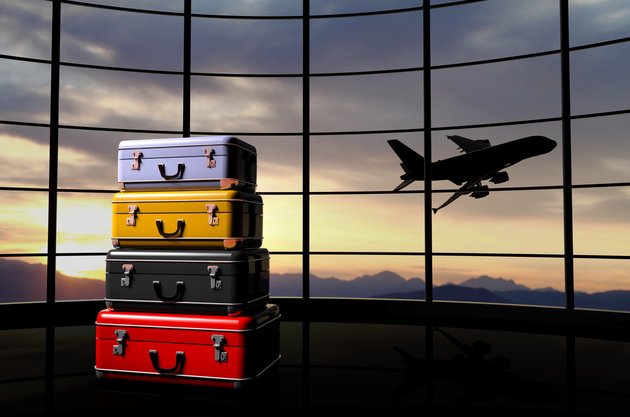
Hotels are always looking for new ways to drive demand – and packages have been a solid vehicle to do just that. Packages, or combined hotel, airfare and/or car bookings, offer valuable benefits to hotels, as well as consumers, but there’s a lack of industry information around how hotels can strategically manage this demand. Between the first quarter of 2016 and the first quarter of 2017
alone, there was over a 35% increase in demand for package stays in the UK and that demand is likely to continue growing in the years ahead.
Historically the traditional package booker was often a travel deal seeker. Today, budget and luxury travellers alike find package booking not only cost efficient, but time efficient as well. According to Phocuswright’s 2016 report, Destination Unknown: How U.S. & European Travelers Decide Where to Go, travellers who book complex trips like packages tend to take more trips and/or spend more than those who buy just a flight, hotel or other single component. With the continued growth of this category, hoteliers can leverage travel data and partnerships to enhance their offering and make package bookings a key component of their success.
To provide hotels with more actionable insights, Expedia took a deep dive into more than 12 months of its first-party data, comparing package demand to standalone hotel demand from global points of sale inbound to UK properties. The findings? A wealth of information and opportunity that should be music to hoteliers’ ears. Packages are a great way to maximise revenue, secure longer booking windows, and minimise cancellations.
Packages Drive Increased Revenue
Average Daily Rates (ADRs) – a common performance metric for hotels – for UK package stays were higher versus standalone stays by an average of almost 20% (see Figure 1). This shows a substantial rate boost for hotels – and an incentive to include their hotels in package offerings. The top package destinations by room night volume in the UK were Oxfordshire, Hampshire, north of Scotland and Cornwall.




